How do we define employee engagement?
What are the symptoms of a disengaged employee?
To examine this a little more, let's take a look at a few noticeable patterns we've seen indicating a lack of engagement. When employees are disengaged, they feel that the correlation of energy [what they give to the company vs. what they receive] is not fair; and basically, they stop "giving."
In more operational and measurable signs, it could look like:
- Increase in absenteeism: people seek all possible excuses to be absent, there is no marginal effort
- Lack of participation in projects/corporate initiatives: people focus on doing the minimum necessary of their work
- Low quality and delivery dates are delayed. As previous items, the minimum effort is the premise, and usually, it is not enough to reach the proposed objectives if they are challenging.
- Lack of alignment on and commitment to company strategy
These are just a few signs that you will notice from an employee that is becoming disengaged. When these symptoms emerge, they are likely to continue until the employee becomes fully disengaged unless action is taken to remedy the situation.
What are the benefits of a more engaged team?
Engaged employees tend to be more productive, care more, be happier and give better customer service. That last point is especially important because it’s that WOW customer service that will really help your organization stand out against the competition.
Gallup research shows that employee engagement predicts critical business outcomes, such as profitability and productivity. Unengaged employees have been estimated to cost over $300 billion dollars in lost productivity each year in the American economy. Now consider this, according to some recent studies, 15% of a company's time is dedicated to meetings - how engaged are your employees in these meetings? Unproductive meetings cost U.S. businesses an estimated $37 billion a year. Higher levels of employee engagement could lead to a 21% increase in productivity.
Holding onto good talent in today’s competitive market is another major concern for business owners. Did you know that engaged employees are 59% less likely to look for a job elsewhere in the next year?
How do you increase employee engagement?
There are a few easy ways to start increasing employee engagement. Provide your team with a sense of progress – learning, growing, and developing. A sense of control – autonomy and freedom over their tasks. And a sense of connectedness – the depth and breadth of the relationships with their team.
But to start, if you want to keep everyone engaged, you must provide a working environment that people want to be part of. Then, empower people to improve company culture by demonstrating belief, whilst giving them freedom and accountability for their actions.
Keeping remote employees engaged is a growing problem as more and more organizations adopt this work arrangement. In Buffer’s 2018 State of Remote Work report, 21% of respondents said their biggest struggle with working remote is collaboration and communicating. If your remote employees aren’t being heard in these meetings they may disengage. There are a few simple ways to engage remote employees; give autonomy and have accountability, have regular all-team calls, chat in real time, and make get-togethers exciting occasions.
Finally, we’d like to address the next generation of workers – Millennials. Statistically, these professionals aged 36 and younger are now the largest sector of the global workforce. By 2020 they will comprise more than half the globe’s workers. Generation Next is willing to leave a high paying job for a position with more engagement and fulfillment; and businesses realize they must incorporate these elements to attract, motivate and retain the workforce of the future.
Millennials are well known for their desire for a higher purpose and deeper meaning in their work. Yet, they are the most disengaged sector of the workforce (71% disengaged). According to Gallup, less than one third of Millennials feel their organization’s mission or purpose gives meaning to their work. To engage Millennials sustainably, we also need to appeal to their individual sense of purpose, and help them align it to the organization’s mission.
Gallup reveals, “you can increase employee engagement for this group from 14% to 67% by simply focusing on mission alignment.”
Employee engagement is rising for this hospital
When we met Northwell Health, they were on a mission to bring compassion back to healthcare and reconnect people with their purpose and the reason they started working in healthcare.
But, HOW do you go about doing that?
Watch their culture story and see how creating a happier culture engaged their employees and improved the patient experience!
"We had lost the compassion for healthcare. What we needed to do was bring that passion back out. Reconnect people with their purpose and with the reason why they went into healthcare in the first place."Sven Gierlinger, Chief Experience Officer, Northwell Health
DISCOVER HOW EMPLOYEE ENGAGEMENT INCREASED FROM 45% TO 85% WITHIN TWO YEARS IN ONE OF THE LARGEST U.S. HEALTHCARE SYSTEMS.
Solution for increasing employee engagement
Our DH Masterclass is the best next step for your team regardless of where you are on the culture journey because each Masterclass is customized to meet your needs. It takes place over 2-3 days on-site at your location. During our time together, we will share the "best of" what we've learned from our 15+ years of experience in the culture space. You will gain our proven frameworks to create your ideal culture unique to your objectives and goals. In the end, we will work together to create your Culture Action Plan [CAP] for a happier team and a better patient experience.
If a happier, more engaged team interest you, then connect here with a DH Coach|sultant for a quick chat about how a DH Masterclass can help your culture.
Together, let's create your best culture yet and get your team truly engaged!



.png?width=1140&name=Engagement%20Pillar%20Page%20Header%20(1).png)


